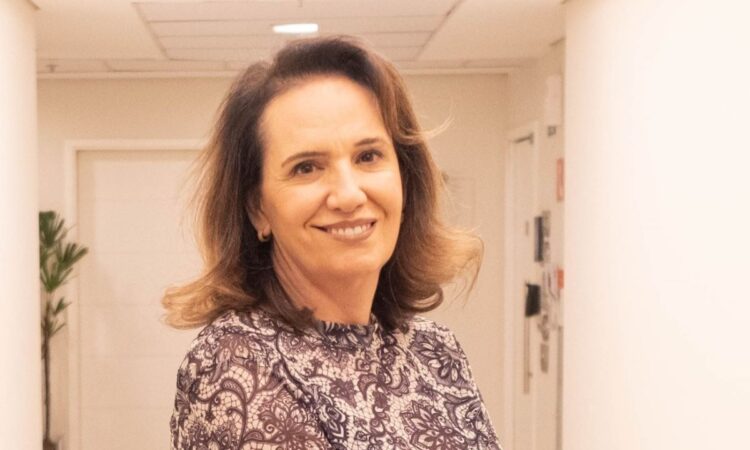‘Retrofitting is becoming a condition for being competitive in Brazil’s power tenders’


With a power transmission grid of around 170,000km, Brazil has a lot of work ahead in terms of reinforcement and improvement (retrofitting) of its lines and substations.
In this interview, Franceli Jodas, a partner at KPMG, says that retrofitting is becoming a condition for being competitive in auctions, but there is a lack of regulatory incentives for these investments.
She also talks about the upcoming transmission and backup capacity tenders.
BNamericas: What are the prospects for reinforcements and improvements in Brazil’s power transmission segment?
Jodas: Retrofitting is becoming a condition for being competitive. That’s the biggest lesson or message. The auctions are becoming more and more competitive, so you have to improve management and use technology to gain competitiveness, so all the agents are investing in improvements and new technologies, and the figures are high.
Investments are being made in digital platforms to improve processes, have greater predictability of figures, work with artificial intelligence and learn from patterns through machine learning and in the qualification of staff to deal with new technologies.
BNamericas: The bids submitted in the auction must include future investments in retrofitting, right?
Jodas: The bid has to consider excellent implementation and excellence in operation. This involves land and environmental issues, etc. [Regulator] Aneel has been studying incentive policies for modernization, but we still need clarity to allow agents to plan. They need to find the optimum point of operation to be competitive, and technology can be a great ally.
Our previous transmission rate review models [by Aneel] focused on reducing costs. Our assets are now more outdated and under pressure. This is while we need to expand the transmission grid due to [the growth of] renewable energy sources. Modernizations need to be included in rate reviews and concession renewals.
BNamericas: Which companies would you highlight as those that will invest the most in reinforcements and improvements?
Jodas: I’d say most of them, but there are significant figures being released by Eletrobras, and ISA CTEEP.
BNamericas: What do you expect from the second transmission auction in 2024? The Rio Grande do Sul lot was postponed to 2025 due to the floods in the state.
Jodas: There are interested and well-prepared players, but we need to analyze the environment of over-contracting [of energy]. This auction has already been postponed. I think it will happen because the system needs resilience. I just don’t think there are high expectations due to the much smaller volume compared with previous auctions.
Editor’s note: Due to the expansion of distributed generation and the growing migration of consumers to the free market, distribution concessionaires, which contract energy at Aneel auctions, have become over-contracted. In addition, there is an energy surplus in the country due to the large influx of renewable generation projects into the system, while consumption growth is relatively low.
BNamericas: Will the backup capacity tender take place? It’s August, and the government still hasn’t issued the notice.
Jodas: It’s not going to happen on the date initially announced [for August]. There are some uncertainties, it depends a lot on new regulations that are taking too long. There’s a more complex political and regulatory environment with the strikes at the regulatory agencies. The political and regulatory scenario isn’t simple, which has hindered the auction agenda, which in turn hinders the modernization agendas.
We need more certainty about the incentives [for modernization]. And this is a global agenda. Innovation happens very quickly, but regulation can’t keep up.
BNamericas: Should the auction allow both thermal and hydroelectric plants to participate?
Jodas: Yes, backup capacity auctions are likely to become a new revenue option for UHEs [large hydroelectric plants]. This is a good prospect because there are assets that can support the system, instead of just investing in expansion [of new generation projects].
